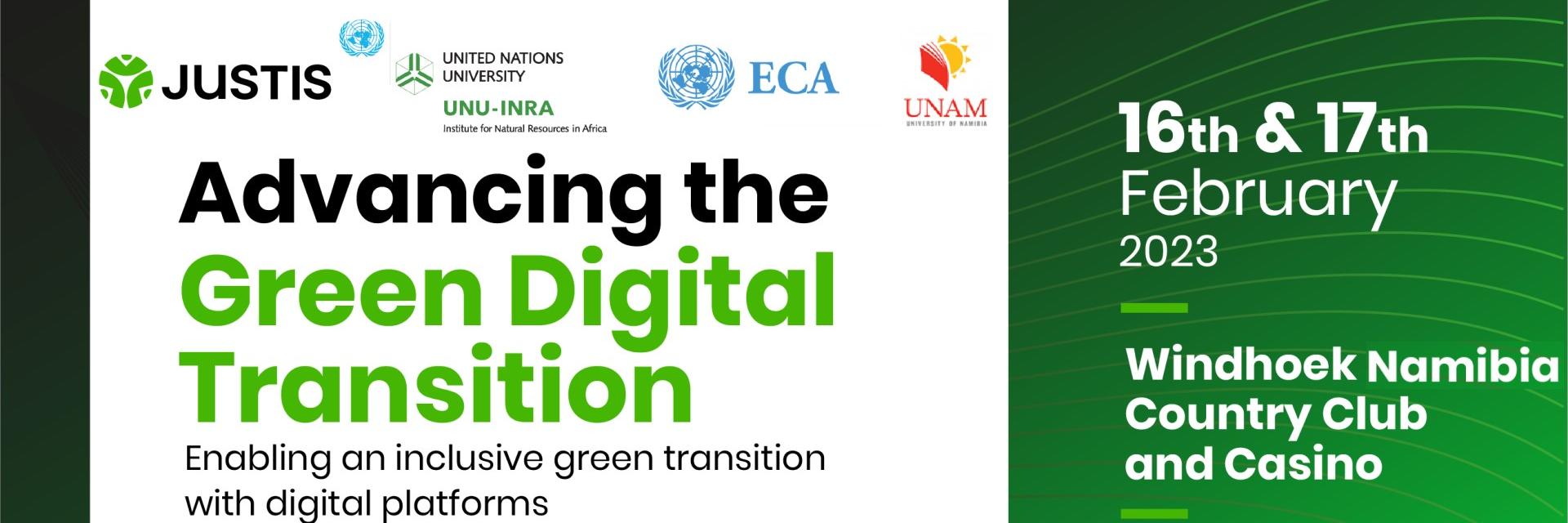BACKGROUND
The urgency to mitigate the catastrophic impacts of climate change necessitates a rapid transition from fossil-based energy systems to clean, low to zero-carbon energy sources. Without specific efforts to ensure an equitable transition, existing injustices in the current energy systems will be exacerbated, resulting in winners and losers. Winners will benefit from the employment and innovation opportunities associated with the transition, while losers will bear the transition's burdens and lack access to the opportunities.
In Africa, a poorly managed transition would impact the informal sector, especially youth and women. The informal sector is a significant backbone of the African economy, providing a vital source of livelihood and income opportunities. Across Africa, the informal sector has demonstrated leadership in response to climate change and the low-carbon transition than the formal sector by leading several renewable and clean energy innovations. Informal workers engaged in the green energy space are expanding the footprint of renewables and disrupting traditional energy models. There is, however, minimal reference to the informal sector in the green transition discussions and interventions. Most green entrepreneurs function in solitary spaces without the requisite tools, relevant support mechanisms, and systems (data, infrastructure, policy opportunities) required to thrive and grow. However, accelerating the transition and achieving an inclusive and equitable green transition will be hampered if the informal sector's contribution remains neglected.
Digital technologies and the fast internet enable learning everywhere and empower billions worldwide by providing access to education, financial services, and government services. Digital technologies have enabled easy access to agricultural extension services for smallholder farmers for improved productivity. However, digital technologies have not been harnessed enough to provide similar support services to green entrepreneurs and enable the transition. Connecting green entrepreneurs and relevant stakeholders with a digital platform is required to create a learning community around digital solutions and climate actions to support green businesses and provide evidence to enable climate and green policy decisions to better support green businesses. An accessible digital platform could allow data gathering on existing renewable energy markets and renewable energy usage and participation of micro-small enterprises, which is required to provide valuable insights for the transition towards more sustainable energy systems.
To this end, the UNU-INRA and UNECA are hosting policy round table and green entrepreurs training workshops in participating countries, including Zambia, to actualize the JUSTIS digital portal. The digital portal engages and connects green entrepreneurs across four participating countries-Ghana, Zambia, Namibia, and Ivory Coast, to share ideas and information about business design, branding, market, and performance indicators, better access to new opportunities, and evaluate potential risks.
DOCUMENTS:

